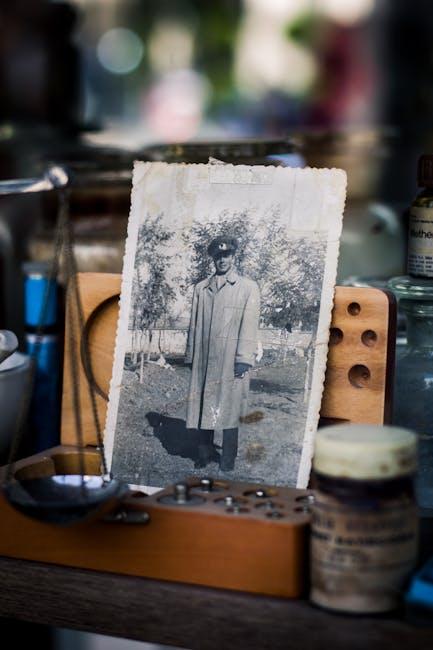‘Piece by Piece’ Director Morgan Neville Will Never Use AI Again
Artificial intelligence (AI) has undoubtedly revolutionized numerous industries, providing new opportunities and innovative solutions. However, some filmmakers, like director Morgan Neville, have faced firsthand experiences that have left them skeptical about its use in the creative process. Neville, known for his brilliant documentaries such as ’20 Feet from Stardom’ and ‘Won’t You Be My Neighbor?’, recently stated that he will never use AI again after a disappointing experience during the production of his latest film, ‘Piece by Piece.’
‘Piece by Piece’ is a documentary that explores the life and career of a renowned artist. In an attempt to experiment with new storytelling techniques, Neville decided to incorporate AI technology into the editing process. The idea was to leverage AI to analyze footage, identify key moments, and suggest editing choices. However, this bold move ultimately backfired, as Neville soon realized the limitations and drawbacks of this approach.
One of the main issues Neville encountered was the lack of emotional intelligence in AI. In documentary filmmaking, capturing the essence and emotions of real people is crucial. While AI can analyze patterns and detect some significant moments in footage, it fails to understand the deeper emotional nuances that make a film resonate with its audience. Neville expressed his frustration, stating, “AI may be efficient, but it lacks the empathy and intuition required to tell a compelling human story.”
Another significant downside Neville faced was the detachment from the creative process. The use of AI in the editing room had unintentional consequences, distancing the director from the intimate collaboration between a filmmaker and their material. As filmmakers, the process of editing helps shape the story and craft a narrative that seamlessly engages the viewers. Neville found that AI’s involvement stripped away the human touch and rendered the process mechanical rather than artistic.
Furthermore, AI’s lack of context awareness became a significant hurdle. In the case of ‘Piece by Piece,’ the intricate connections between different scenes, visual motifs, and underlying themes were lost on the AI algorithm. It failed to comprehend the deliberate intentions behind specific narrative choices, resulting in fragmented storytelling that failed to deliver the filmmakers’ vision.
While AI has its benefits in streamlining certain aspects of the filmmaking process, Neville’s experience highlights the importance of maintaining a balance between technological advancements and artistic intuition. Filmmaking is an art form that thrives on human emotions, creativity, and interpretation. No amount of sophisticated algorithms can substitute the artist’s touch and understanding of the human experience.
Neville’s decision to never use AI again may be seen as a cautionary tale for other filmmakers eager to incorporate new technologies into their creative processes. As the boundaries between technology and art continue to blur, it is essential to approach these advancements with a critical eye and consider how they impact, enhance, or hinder storytelling.
Ultimately, the success of a film lies in its ability to touch the hearts and minds of the audience. While AI can be a valuable tool in various industries, artists must remember that it is only a tool and not a replacement for the authenticity, intuition, and emotional intelligence that comes from human involvement. Morgan Neville’s experience should serve as a reminder that filmmaking, at its core, is a deeply human endeavor, one that should never be left entirely to a machine.
Hey Subscribe to our newsletter for more articles like this directly to your email.
